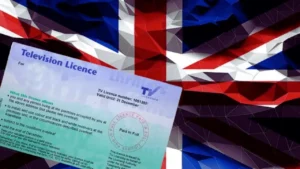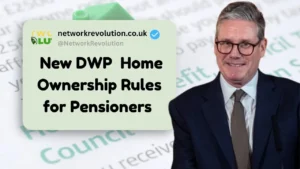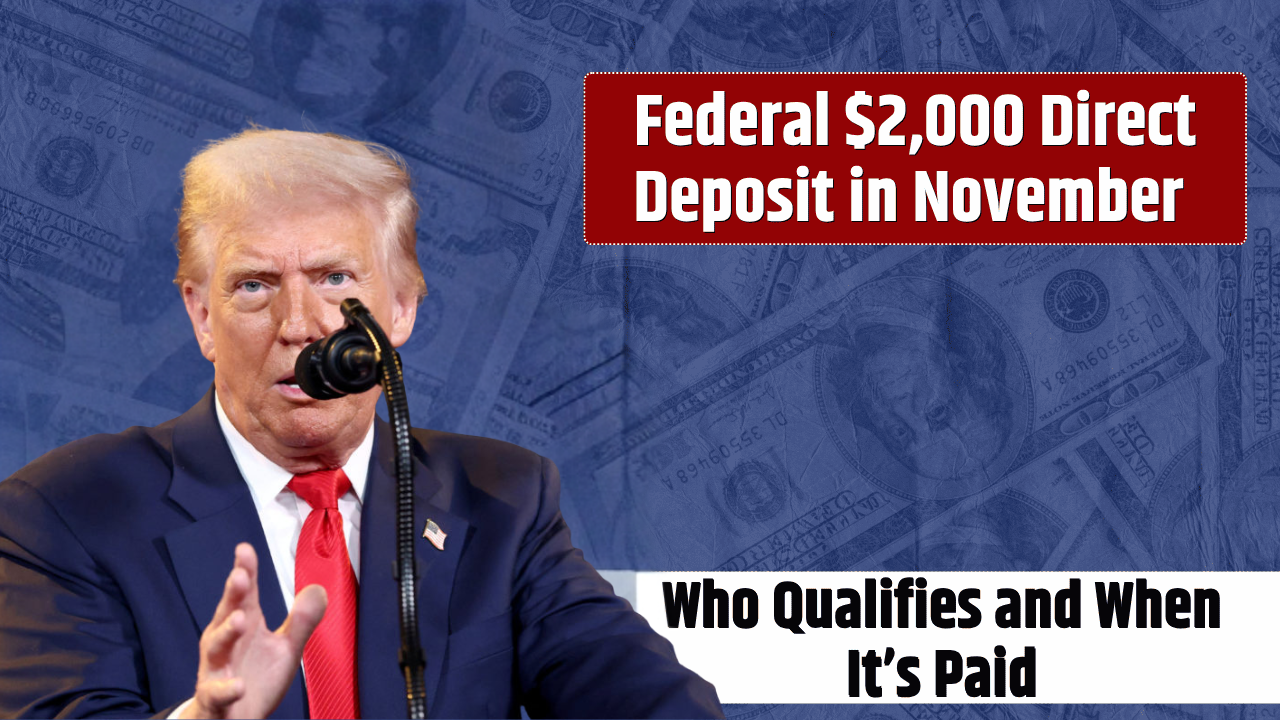By mid-November 2025, many Americans began noticing a new entry on social media feeds — and in some cases, in their own bank alerts — reading: “U.S. Treasury Deposit — $2,000.” For households still grappling with high prices, the idea of a fresh round of federal relief was immediately appealing.

But here’s the truth: no such federal payment program exists. Despite viral claims that the government is sending out a $2,000 “inflation adjustment” payment, both the U.S. Department of the Treasury and the Internal Revenue Service (IRS) confirm there’s no authorized program, no legislation, and no official distribution under that name.
The Claim: A $2,000 “Federal Inflation Adjustment Initiative” Payment
According to posts spreading across Facebook, TikTok, and WhatsApp, the federal government supposedly began issuing $2,000 direct deposits on November 15, 2025, under a program called the Federal Inflation Adjustment Initiative.

The rumor describes the initiative as a one-time “bridge payment” for Americans earning under:
- $70,000 (single filers)
- $150,000 (joint filers)

It also claims eligibility is automatic based on 2024 tax returns, with funds distributed by the U.S. Treasury through direct deposit or mailed debit cards — and that those who miss the payment could later claim it as a Recovery Rebate Credit.
These details echo the structure of past pandemic-era stimulus programs, which is likely why the rumor has gained traction.

The Facts: No Program, No Law, No Treasury Record
Neither the U.S. Treasury Department nor the IRS lists any program resembling this “Federal Inflation Adjustment Initiative” in their public databases, newsroom archives, or press bulletins.
A search of the Federal Register — the government’s official journal for new laws and federal programs — returns no entries or appropriations for such an initiative.

To be legitimate, a relief program like this would require:
- Congressional approval or
- Authorization within a federal appropriations or reconciliation act
No such legislation has been proposed, passed, or signed in 2025.
Bottom line:
There is no verified $2,000 federal payment being distributed in November 2025.
What the IRS and Treasury Are Actually Saying?
Both agencies have issued warnings — not about new payments, but about phishing scams and fake stimulus offers circulating this fall.
In an October 2025 consumer alert, the IRS warned that scammers are impersonating government officials via email and text, promising “federal inflation relief” or “tax refund reissues” to steal personal and banking information.
“The IRS never contacts taxpayers by email, text, or social media to confirm or process payments,” the agency reiterated.
Anyone who receives a message asking to “verify” bank details for a $2,000 payment should delete it immediately and report it to phishing@irs.gov.
What Might Have Sparked the Confusion?
This particular rumor appears to have blended real policy discussions with false claims.
In early 2025, lawmakers debated potential cost-of-living relief measures during budget negotiations, including one-time rebates for low- and middle-income families. None of those proposals made it into law.
That mix of public discussion, rising inflation headlines, and memories of past stimulus rounds likely fueled the misunderstanding — and opened the door for scammers to exploit the gap.
Fact Check: Breaking Down the Claims
| Claim | Reality |
|---|---|
| $2,000 payments began Nov. 15, 2025 | False. No record of any Treasury disbursement. |
| Program name: “Federal Inflation Adjustment Initiative” | False. Not found in any federal register or IRS bulletin. |
| Based on 2024 tax returns | False. No income-based payment calculation underway. |
| Claimable as a “Recovery Rebate Credit” | False. That credit applied only to 2020–2021 stimulus payments. |
| Payment is non-taxable | Irrelevant. No such payment exists. |
How to Verify and Protect Yourself?
To confirm any legitimate government payment, follow these official steps:
- Visit official websites only:
Check IRS.gov or Treasury.gov for current program updates. - Ignore unsolicited messages:
The IRS will never email, text, or message you on social media about payments. - Check your bank transaction codes:
Real federal deposits show as “IRS TREAS 310” with a descriptor like “TAX REF” or “EIP.” - Report scams immediately:
- Email phishing attempts to phishing@irs.gov
- File reports at ReportFraud.ftc.gov
- Contact your bank if you receive a suspicious deposit.
If a deposit labeled “federal payment” suddenly appears in your account, do not spend it until you verify its source. Fraudulent transfers can be reversed, leaving you responsible for the loss.
Why the Rumor Matters?
These “stimulus check” stories persist because they tap into real financial anxiety. Inflation remains roughly 17% higher than pre-pandemic levels, according to Federal Reserve consumer price data, and wage growth has lagged behind.
That financial pressure makes Americans more susceptible to too-good-to-be-true offers that appear official or urgent.
“Scammers exploit hope and confusion,” said Janet Barron, a cybersecurity expert at the nonprofit Identity Protection Alliance. “The best defense is skepticism and verification.”
FAQs
Is the IRS sending out $2,000 inflation relief payments?
No. There is no authorized federal program distributing $2,000 in November 2025.
How can I confirm if a payment is real?
Log into your bank account and look for “IRS TREAS 310.” If it’s missing, the deposit is likely fraudulent.
Can I claim this on my tax return if I don’t receive it?
No. There’s no 2025 Recovery Rebate Credit or comparable provision.
Will it affect my tax refund or liability?
No, because the payment itself doesn’t exist in the federal system.
How do I report scams or fake IRS messages?
Forward phishing emails to phishing@irs.gov and file complaints at ReportFraud.ftc.gov or with the Treasury Inspector General for Tax Administration (TIGTA).
Hope Is Understandable — But Verification Is Essential
While the idea of another round of relief payments is appealing, the “Federal Inflation Adjustment Initiative” is not real. Neither the Treasury nor the IRS has issued $2,000 deposits to taxpayers in 2025.
If you see this rumor online, share accurate information instead of speculation. In a climate where scams mimic official programs, staying informed is the best financial protection of all.

